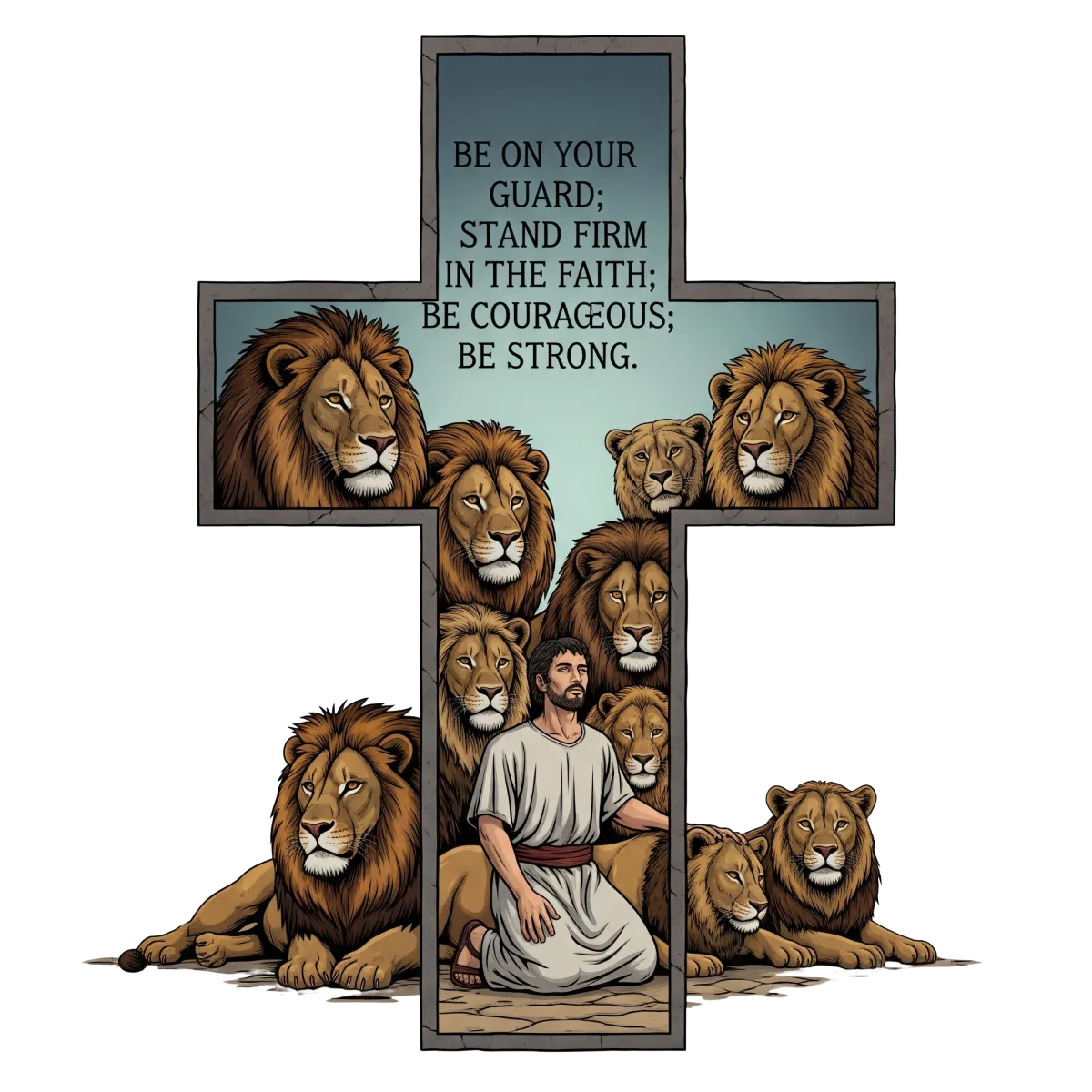
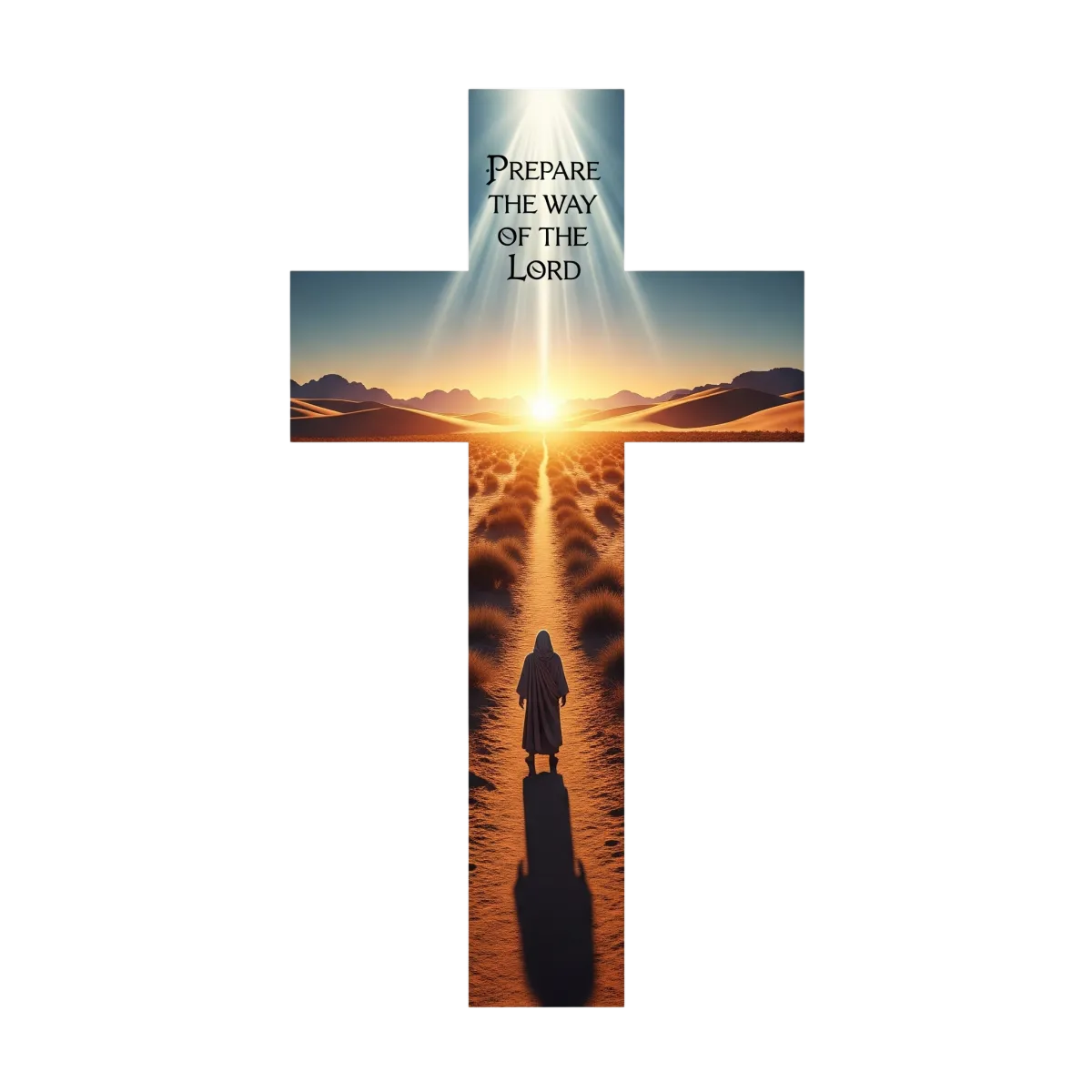
What we believe?
From David facing Goliath to Daniel in the lion's den, the Bible is filled with epic stories of faith in the face of impossible odds. Our creations pay tribute to these fearless acts of devotion and to the ultimate sacrifice of Jesus Christ. Each piece is designed to be a bold representation of the courage it takes to be his disciple. Wear it proudly and share your faith with the world.
The One who saved us all and His strong men of great faith
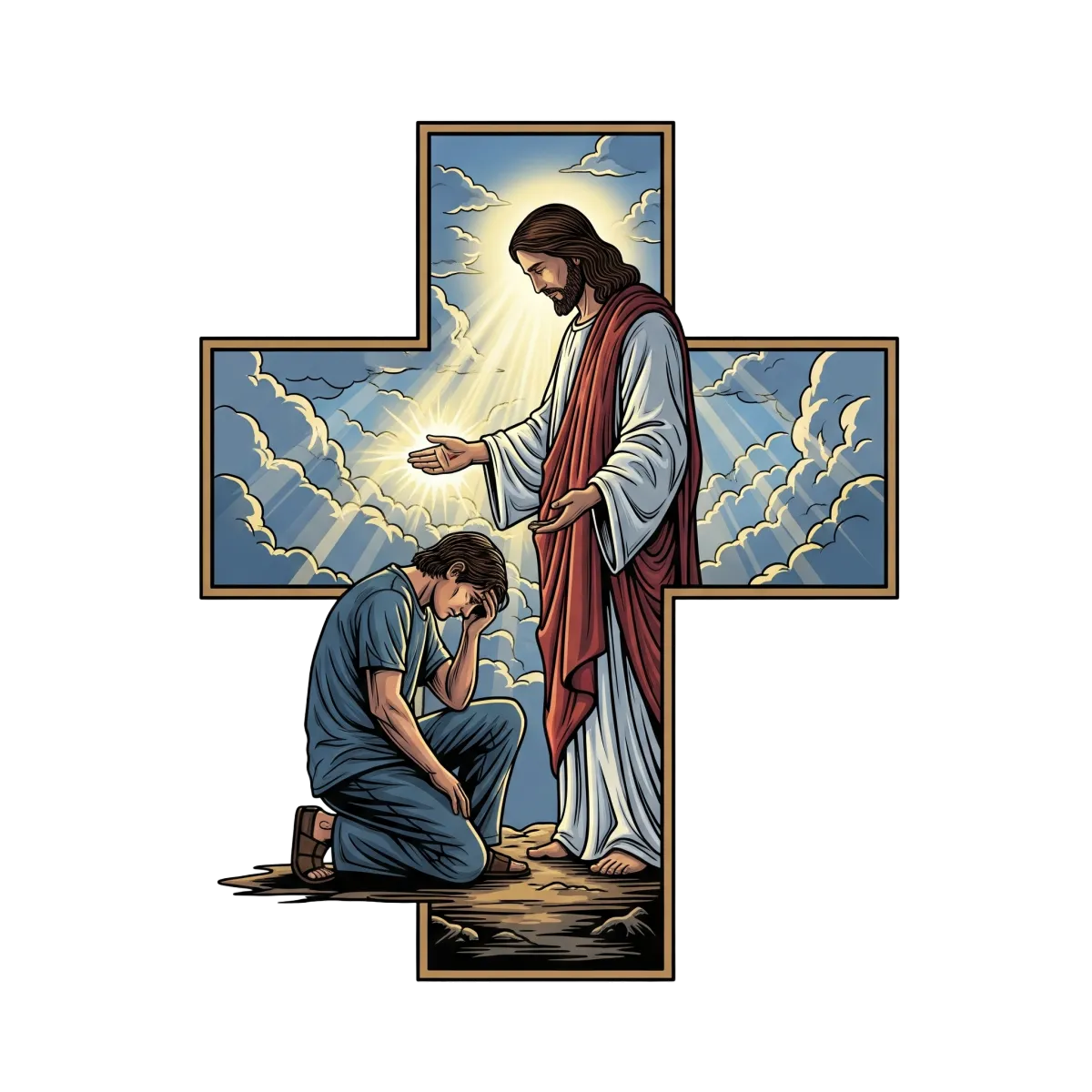
JESUS
The life of Jesus Christ began with his miraculous, prophesied birth in Bethlehem to the Virgin Mary, as foretold by the Old Testament prophets. Angels announced his arrival to shepherds, and a star guided wise men to worship him, as he was the fulfillment of the divine promise of a Messiah. He was born without sin and lived a perfect life.
At the age of 30, Jesus' public ministry was inaugurated by his baptism by John the Baptist, an act that fulfilled all righteousness. The heavens opened, and the voice of God the Father proclaimed, "This is my beloved Son, with whom I am well pleased," while the Holy Spirit descended upon him like a dove.
For three and a half years, Jesus traveled throughout the land, revealing his divine nature through his teachings and miracles. He authoritatively taught the truth of the Kingdom of God, articulating the path to salvation and the true meaning of God's law. He healed the sick, opened the eyes of the blind, made the lame walk, and raised the dead, all as signs of his power and authority as the Son of God. His ultimate purpose was to reveal God the Father to humanity and to save people from their sins.
His perfect life and ministry led to his ultimate purpose: to die as a sinless sacrifice for the sins of all humanity. After being betrayed by Judas Iscariot, he was arrested, unjustly tried, and willingly submitted to a brutal crucifixion under Pontius Pilate, fulfilling the prophecy that he would be pierced for our transgressions. On the cross, he bore the full wrath of God for the sins of the world, and upon his death, the curtain in the temple was torn in two from top to bottom, signifying that the way to God was now open.
His death was not the end. On the third day, as prophesied, God the Father raised him bodily from the grave, a historical and verifiable event witnessed by over 500 people. This resurrection proves his victory over sin, Satan, and death, and confirms his identity as the Son of God. After appearing to his disciples and giving them the Great Commission to spread the Gospel, he ascended into heaven, where he now sits at the right hand of God the Father, interceding for believers and reigning as King of Kings and Lord of Lords.
John 3:16 ESV
[16] “For God so loved the world, that he gave his only Son, that whoever believes in him should not perish but have eternal life.
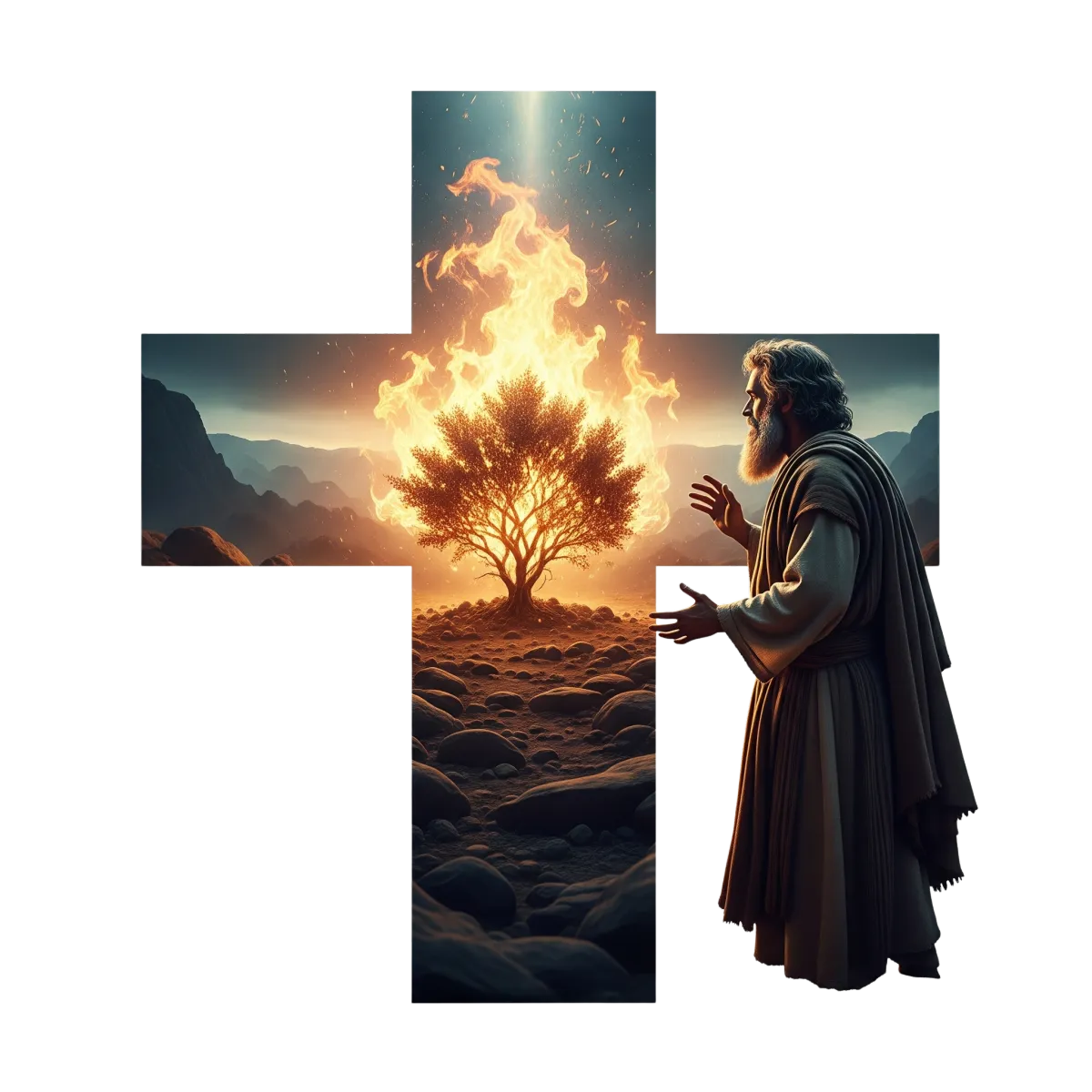
Moses
Moses' life is one of the most significant and well-documented in the Bible, spanning from his miraculous birth to his leadership of the Israelites out of slavery in Egypt and through the wilderness.
He was born during a time when the Egyptian Pharaoh, fearing the growing population of the Israelites, ordered all male Hebrew babies to be killed. To save him, Moses' mother placed him in a basket and set it afloat on the Nile River. He was discovered and adopted by Pharaoh's daughter, and raised in the Egyptian royal court.
As an adult, Moses fled Egypt after killing an Egyptian who was beating a Hebrew slave. He lived in Midian for many years, where he married and became a shepherd. It was here that God appeared to him in a burning bush and commissioned him to return to Egypt to lead the Israelites to freedom.
Moses, with his brother Aaron as his spokesman, confronted Pharaoh multiple times, demanding the release of his people. Pharaoh's repeated refusal led to the ten plagues, a series of divine judgments on Egypt that culminated in the death of the firstborn. The final plague convinced Pharaoh to let the Israelites go, and Moses led them out in what is known as the Exodus.
Pharaoh soon changed his mind and pursued them with his army. The Israelites were trapped against the Red Sea, but God parted the waters, allowing them to cross safely before the sea returned and engulfed the Egyptian army.
After their miraculous escape, Moses led the Israelites on a forty-year journey through the wilderness. During this time, he received the Ten Commandments from God on Mount Sinai, along with the rest of the Torah, which laid out the laws and covenant for the Israelite nation. He also served as their primary prophet, leader, and judge, mediating between God and the people.
Despite his leadership, Moses did not enter the Promised Land. Due to an act of disobedience, God told him that he would only see the land from a distance. He died on Mount Nebo, having completed his mission of leading the people to the edge of their promised home.
Deuteronomy 14:2: "For you are a people holy to the Lord your God, and the Lord has chosen you to be a people for his treasured possession, out of all the peoples who are on the face of the earth."
Noah
The life of Noah, as chronicled in the book of Genesis, is a testament to his righteousness and obedience to God in a world that had become completely corrupted by sin. He is presented as the last righteous man of his generation.
Noah was born into a world where "the wickedness of man was great in the earth, and that every intention of the thoughts of his heart was only evil continually" (Genesis 6:5). However, Genesis 6:8 states, "Noah found favor in the eyes of the Lord." Because of his unwavering faith and blameless walk, God chose Noah to preserve humanity and all land-dwelling creatures from a devastating judgment.
God revealed to Noah His plan to destroy the world with a great flood and commanded him to build a massive ark, providing him with detailed instructions for its dimensions and construction. For decades, Noah obediently worked on the ark, and in doing so, he served as a "preacher of righteousness" (2 Peter 2:5), warning the people of the coming judgment. The world, however, rejected his message and continued in its sin.
When the ark was complete, God commanded Noah to enter it with his family (a total of eight people) and pairs of every kind of animal, both male and female, as well as seven pairs of clean animals. When they were all safely inside, "the Lord shut him in" (Genesis 7:16). The rains then came for forty days and forty nights, covering the entire earth and destroying all life outside of the ark.
After 150 days, the waters began to recede, and the ark came to rest on the mountains of Ararat. After waiting for over a year inside the ark, God commanded Noah and his family to exit and "be fruitful and multiply on the earth" (Genesis 8:17). The first act Noah performed upon leaving the ark was to build an altar and offer burnt offerings to the Lord, an act of worship and thanksgiving.
In response, God made a covenant with Noah, promising to never again destroy the earth by a flood. He established the rainbow as the sign of this eternal covenant, a constant reminder of His faithfulness and mercy. From Noah's three sons—Shem, Ham, and Japheth—all the nations of the earth were repopulated, making him the father of a new humanity.
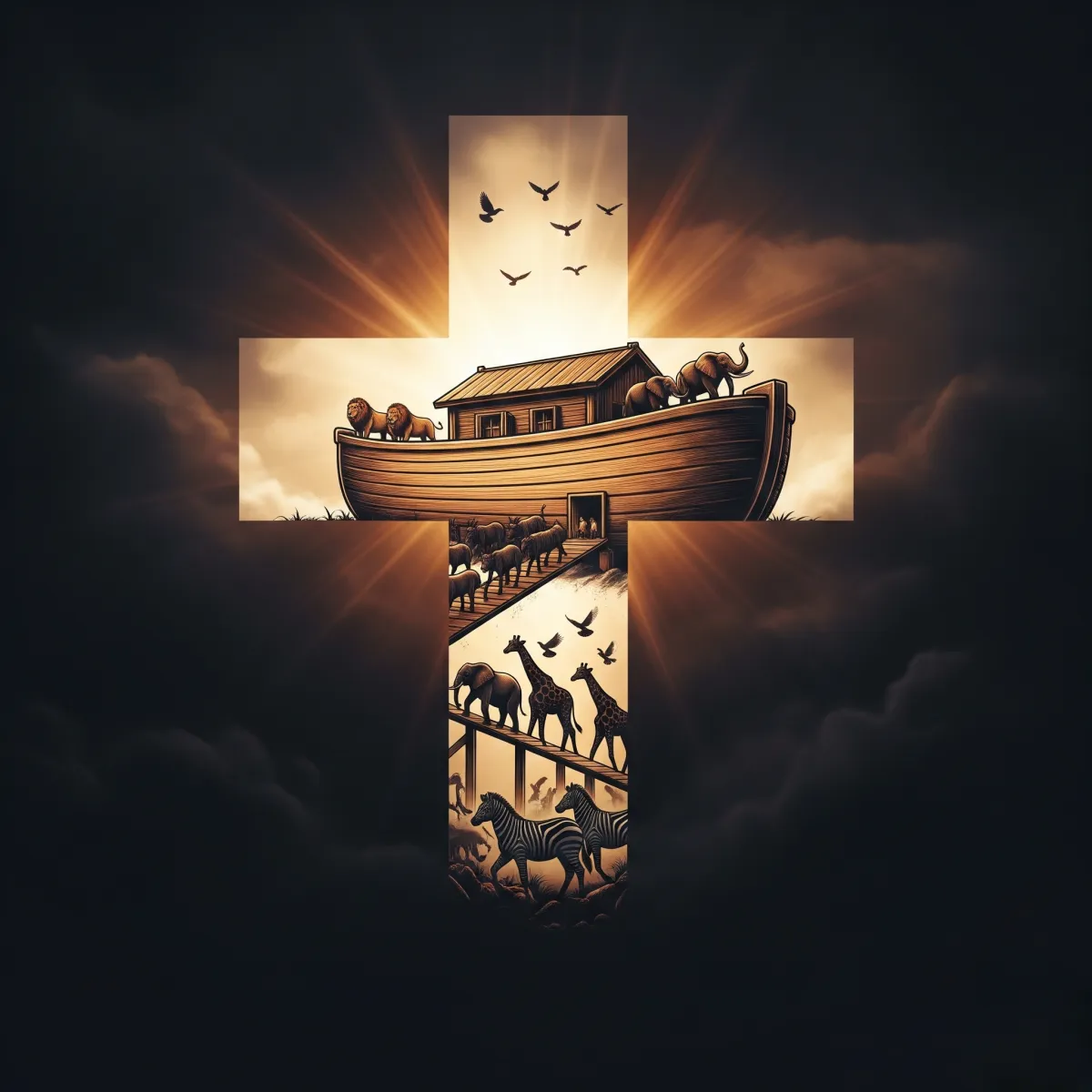
Daniel
Daniel was a young Jewish noble taken into captivity in Babylon during the reign of King Nebuchadnezzar. He and his three friends, Hananiah, Mishael, and Azariah, were chosen for their intellect and beauty to serve in the king's court. From the very beginning, Daniel set himself apart by his steadfast commitment to God's law. He refused to defile himself with the king's rich food and wine, instead choosing to eat only vegetables and water. God honored his obedience, and Daniel and his friends were found to be healthier and wiser than all the others in the king's service.
God gave Daniel the supernatural ability to interpret dreams and visions. This gift brought him to the attention of King Nebuchadnezzar, who had been tormented by a mysterious dream that none of his wise men could explain. Daniel, through God's revelation, not only described the king's forgotten dream but also gave its full interpretation: it foretold the rise and fall of great world empires and the ultimate establishment of God's eternal kingdom. As a result, Daniel was elevated to a high position in the Babylonian court.
Throughout his long life, Daniel remained a faithful servant of God under a succession of pagan kings, including Belshazzar and Darius the Mede. He was a trusted administrator and advisor, but his loyalty to God often put him in peril. This is most famously seen in the event where jealous rivals tricked King Darius into signing a decree that for thirty days, no one could pray to any god or man except the king. Daniel, in full knowledge of the decree, refused to stop his daily practice of praying to God three times a day.
For his disobedience to the king's decree, Daniel was thrown into a den of lions. The king, who respected Daniel, was deeply distressed, but could not reverse the law. The next morning, King Darius rushed to the den and called out, and to his astonishment, Daniel responded. He had been miraculously protected, for "God sent his angel and shut the lions' mouths" (Daniel 6:22). This event led King Darius to issue a new decree, acknowledging the God of Daniel as "the living God, enduring forever."
Daniel's life was also marked by a series of profound and detailed apocalyptic visions given to him by God, which are recorded in the second half of the book. These prophecies reveal the future of the nation of Israel and the ultimate triumph of God's kingdom over all earthly powers. Daniel's unwavering faith in the midst of a hostile culture serves as a powerful example of how to live righteously while remaining a light to a lost world.
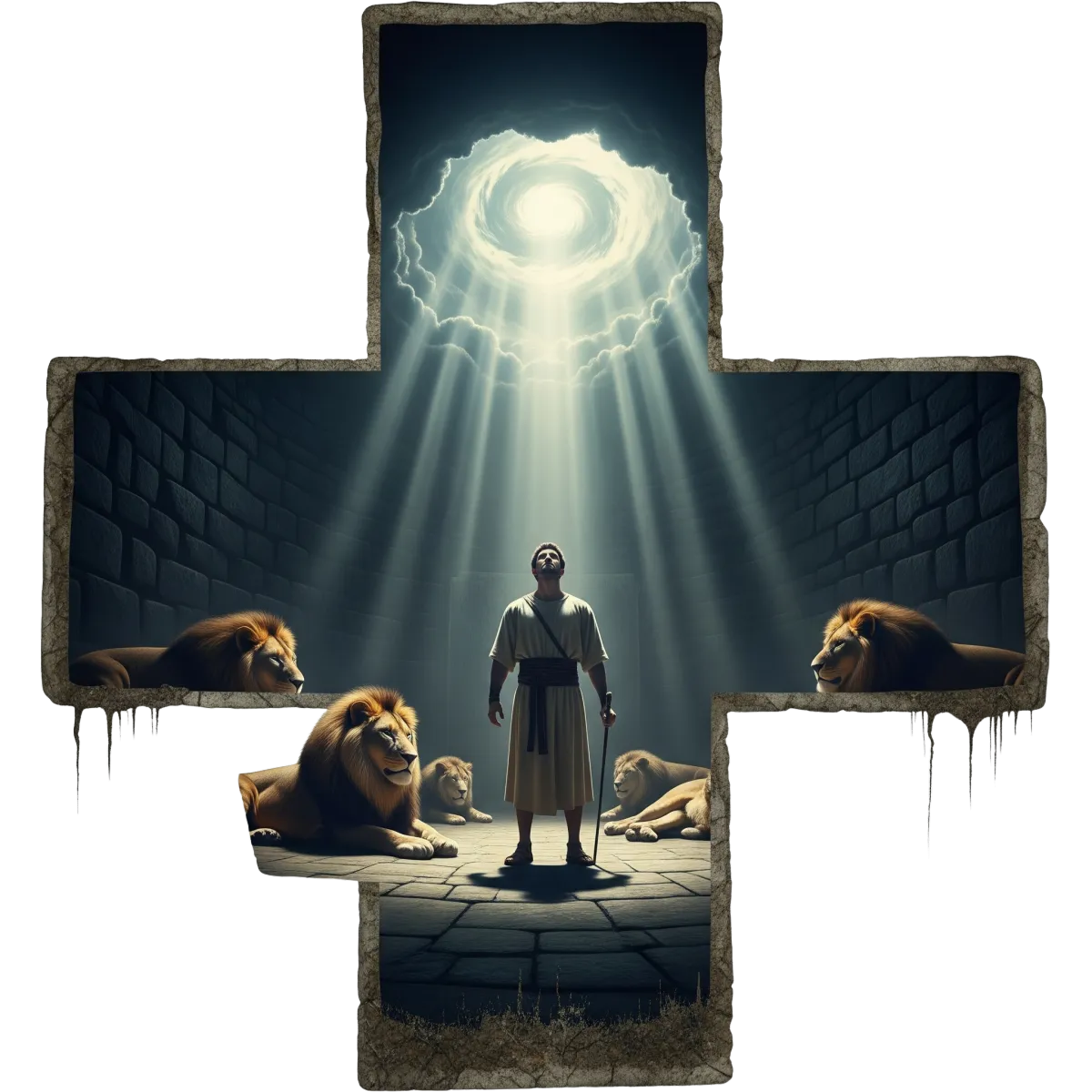
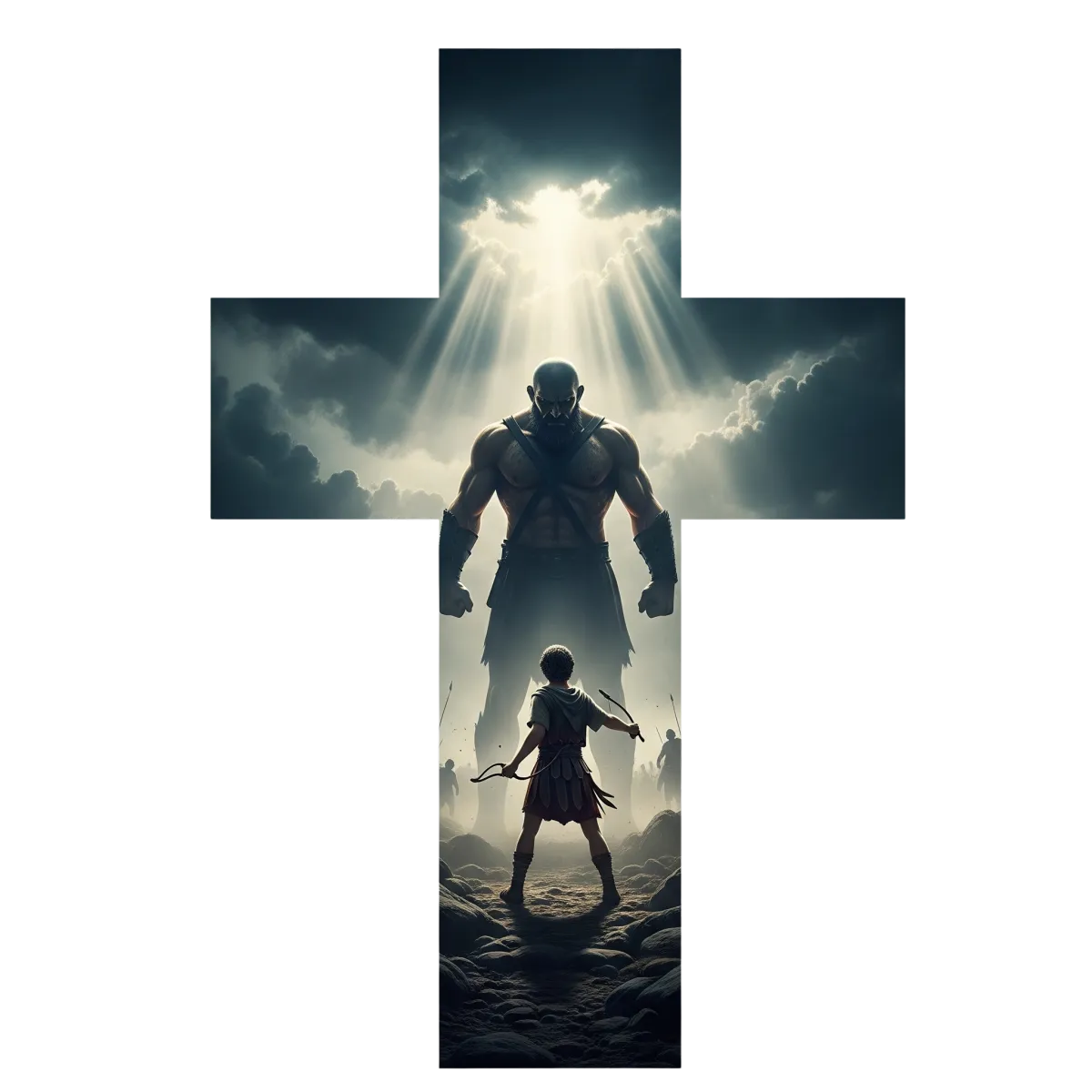
David
The life of King David, as presented in the books of Samuel and Kings, is a foundational narrative in the Bible, tracing his journey from a humble shepherd to the second king of Israel. He is often remembered as "a man after God's own heart."
David first appears as a young shepherd boy from Bethlehem. He was the youngest of eight sons of Jesse and was chosen by God to be the future king of Israel. The prophet Samuel anointed him, though he would not ascend to the throne for many years. His fame first came when he single-handedly defeated the Philistine giant Goliath, who had been taunting the Israelite army. Refusing armor, David, with faith in God, used only a sling and five smooth stones to slay the giant.
After this heroic victory, David was brought into the royal court of King Saul. His skill as a musician and warrior made him popular with the people, but it also provoked Saul's jealousy. Saul's animosity grew to the point that he repeatedly tried to kill David. For many years, David was a fugitive, living in caves and deserts, constantly on the run from the king he was destined to replace. Despite having several opportunities to kill Saul, David refused to harm the king, recognizing that Saul was "the Lord's anointed."
Upon Saul's death, David was first made king of Judah and, seven and a half years later, was crowned king over all of Israel. His reign was marked by significant achievements. He captured Jerusalem and established it as the capital and religious center of the nation. He defeated Israel's enemies and expanded the kingdom's borders, bringing a period of great peace and prosperity.
However, David's life was also marked by serious sin. He committed adultery with Bathsheba and then arranged for her husband, Uriah the Hittite, to be killed in battle to cover it up. When the prophet Nathan confronted him, David repented deeply, and God, in His mercy, forgave him, though the consequences of his actions profoundly affected his family and kingdom.
Despite these personal failings, David is celebrated for his profound faith, his passionate worship of God, and his role in establishing the Davidic Covenant. God promised him that his dynasty would endure forever and that the Messiah would come from his lineage. David's life concludes after a long reign, and he is remembered as Israel's greatest king and the ancestor of Jesus Christ.
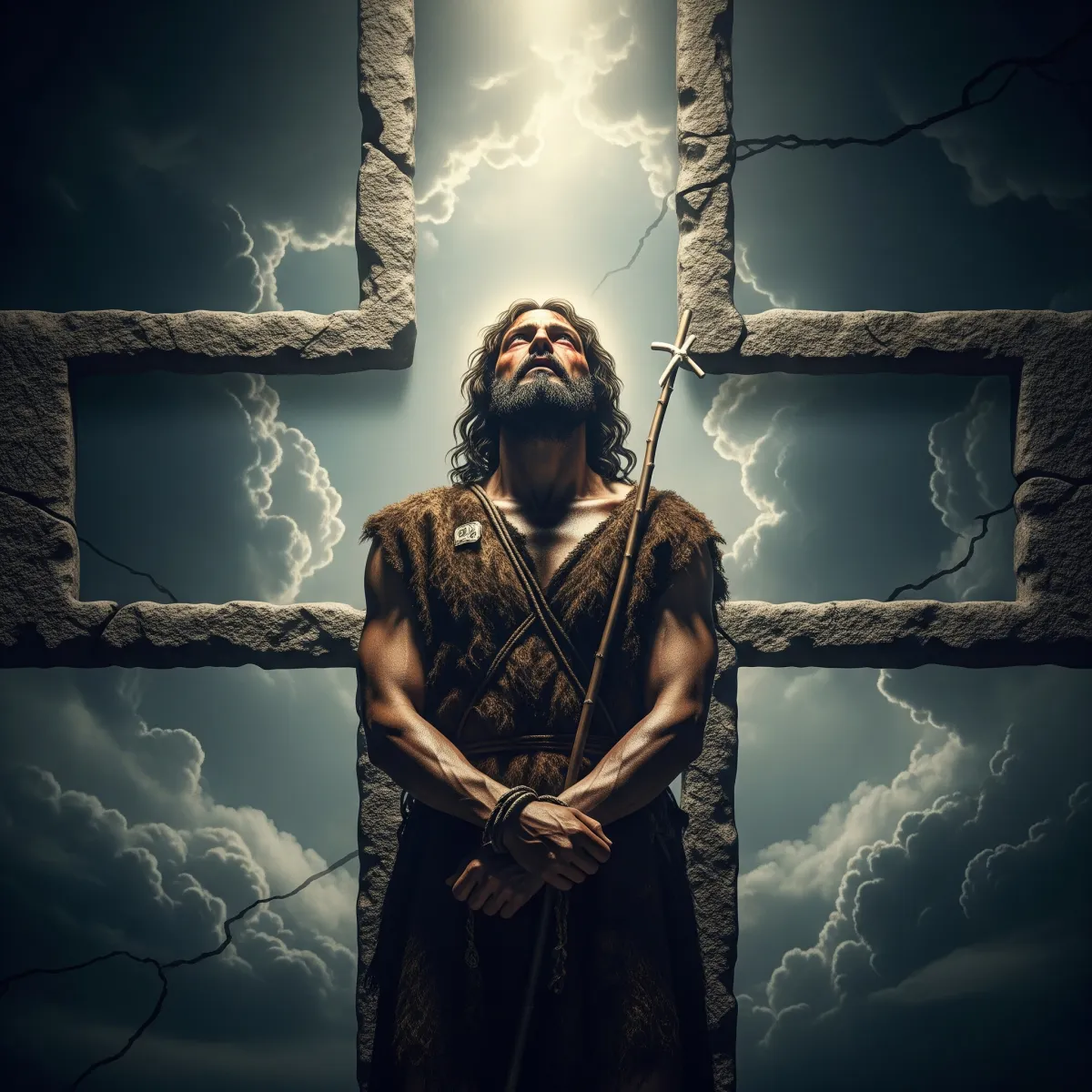
John the Baptizer
John the Baptist was a prophetic figure whose life and ministry were divinely ordained to prepare the way for Jesus Christ. The gospels present his life as a fulfillment of Old Testament prophecy, particularly that of Isaiah, which foretold a voice crying out in the wilderness to "prepare the way of the Lord."
John's birth was miraculous; his elderly parents, Zechariah and Elizabeth, were told by the angel Gabriel that they would have a son who would "turn many of the children of Israel to the Lord their God." From a young age, John lived a life of asceticism, residing in the wilderness of Judea, eating locusts and wild honey, and wearing clothing made of camel's hair. This lifestyle reflected his singular focus on his prophetic mission.
His public ministry began around the same time as Jesus', drawing large crowds to the Jordan River. His message was simple and powerful: a call for repentance and a turning away from sin. He baptized those who confessed their sins as a sign of their spiritual cleansing and preparation for the coming Messiah. He famously stated that he baptized with water, but one was coming who would baptize with the Holy Spirit and with fire.
The pivotal moment in his ministry occurred when he baptized Jesus in the Jordan River. Initially, John felt unworthy to baptize Jesus, but Jesus insisted, saying it was necessary to fulfill all righteousness. As Jesus emerged from the water, the Holy Spirit descended upon him like a dove, and a voice from heaven declared, "This is my beloved Son." This event confirmed John's role as the one who would announce the arrival of the Messiah.
John's unwavering commitment to truth led to his imprisonment and eventual death. He publicly condemned King Herod Antipas for marrying his brother's wife, Herodias. Herodias, angered by his rebuke, sought revenge. During Herod's birthday celebration, she had her daughter, Salome, dance for the king, who then promised her anything she desired. At her mother's urging, Salome requested the head of John the Baptist on a platter. Though reluctant, Herod honored his promise. John's life ended in martyrdom, but his legacy as the forerunner of Jesus Christ and a bold preacher of righteousness remains.
Peter
Peter was a fisherman from Bethsaida, living in Capernaum. He and his brother, Andrew, were among the first disciples called by Jesus. Upon their first meeting, Jesus gave him the name Peter (meaning "rock" or "stone"), signifying the foundational role he would play in the church.
Throughout Jesus' ministry, Peter was one of the three closest disciples, along with James and John. He was often the spokesman for the group, known for his impulsiveness and bold declarations. He was the first to confess Jesus as "the Christ, the Son of the living God," a confession for which Jesus declared, "on this rock I will build my church." However, his faith was not without its moments of weakness. He famously walked on water with Jesus but began to sink when he took his eyes off of him, and in the Garden of Gethsemane, he impulsively cut off the ear of the high priest's servant.
Peter's most well-known failure occurred on the night of Jesus' trial. Despite his earlier vow to never deny Jesus, Peter, in fear, denied him three times, fulfilling Jesus' prophecy. After Jesus' resurrection, he appeared specifically to Peter, and later, on the shore of the Sea of Galilee, he commissioned Peter to "Feed my sheep," a powerful act of restoration and forgiveness.
After Jesus' ascension, Peter became the leader of the apostles and the early church. On the Day of Pentecost, he preached a powerful sermon that led to the conversion of 3,000 people. He performed miracles, healed the sick, and courageously spoke before the Jewish Sanhedrin. He was instrumental in bringing the gospel to the Gentiles, particularly after his vision on the rooftop in Joppa, which led him to preach to the Roman centurion Cornelius.
Church tradition holds that Peter was eventually martyred in Rome during the reign of Emperor Nero. It is said he requested to be crucified upside down, feeling unworthy to die in the same manner as his Lord. His life is a testament to the power of repentance, forgiveness, and transformation, showing that God can use flawed individuals to accomplish His divine purpose.
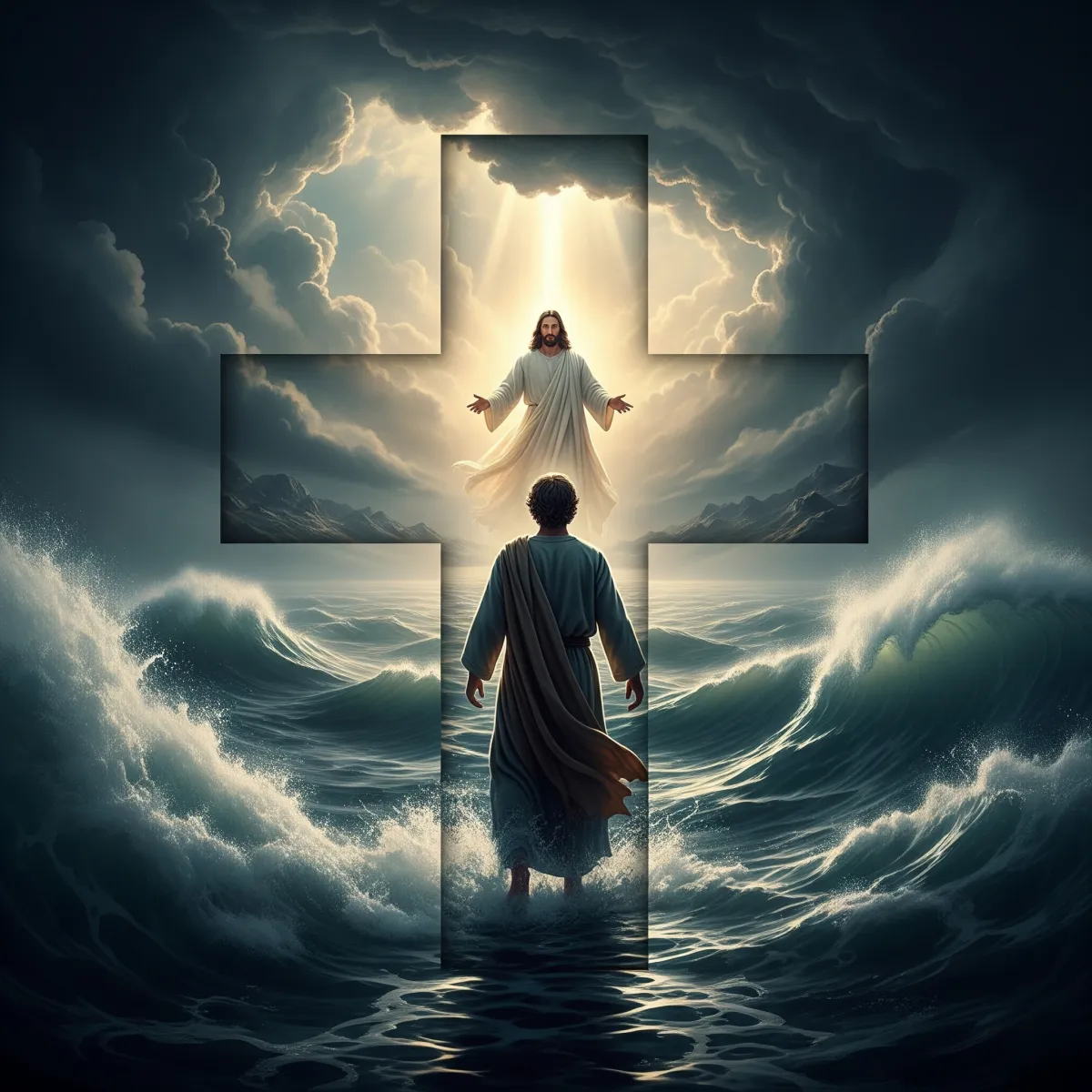
Joseph
The life of Joseph, as told in the book of Genesis, is a powerful narrative of divine providence, betrayal, and forgiveness. He was the eleventh of Jacob’s twelve sons, and the firstborn of his beloved wife, Rachel.
Joseph's life was marked by his father's special favor, which was symbolized by a unique, multi-colored coat. This favoritism, along with Joseph's prophetic dreams of his family bowing down to him, angered his older brothers. Out of jealousy, they conspired against him, initially planning to kill him but ultimately selling him into slavery to a caravan of Ishmaelites. They then faked his death by dipping his coat in goat's blood and showing it to their father, who was left heartbroken.
Joseph was taken to Egypt and sold to Potiphar, an officer of Pharaoh. God’s favor remained on him, and he quickly rose to a position of authority in Potiphar's household. However, his success was short-lived. He was falsely accused by Potiphar’s wife of attempted assault and was thrown into prison. Even in prison, Joseph's integrity and God's blessing were evident. He was put in charge of the other prisoners and gained the trust of the prison warden.
While in prison, Joseph correctly interpreted the dreams of two of Pharaoh's servants, the cupbearer and the baker. Although the cupbearer was restored to his position, he forgot about Joseph until two years later, when Pharaoh himself was troubled by a series of dreams that no one could interpret. The cupbearer remembered Joseph, and he was brought before Pharaoh.
Joseph, giving all credit to God, interpreted Pharaoh's dreams as a prophecy of seven years of abundant harvest followed by seven years of severe famine. He also advised Pharaoh to appoint a wise and discerning man to oversee the storage of grain during the years of plenty. Impressed by Joseph's wisdom and clear divine favor, Pharaoh appointed him as second-in-command over all of Egypt.
During the years of famine, Joseph's brothers came to Egypt to buy grain, unknowingly bowing down to their long-lost brother—just as his dreams had foretold. Joseph tested his brothers, and after seeing their genuine remorse and changed hearts, he revealed his identity to them. He forgave them completely, stating, "You meant evil against me, but God meant it for good, to bring it about that many people should be kept alive" (Genesis 50:20). He brought his entire family to Egypt, where they settled in the land of Goshen. Joseph's life is a powerful biblical account of God's sovereignty and His ability to use betrayal and hardship to fulfill His divine plan and preserve His people.
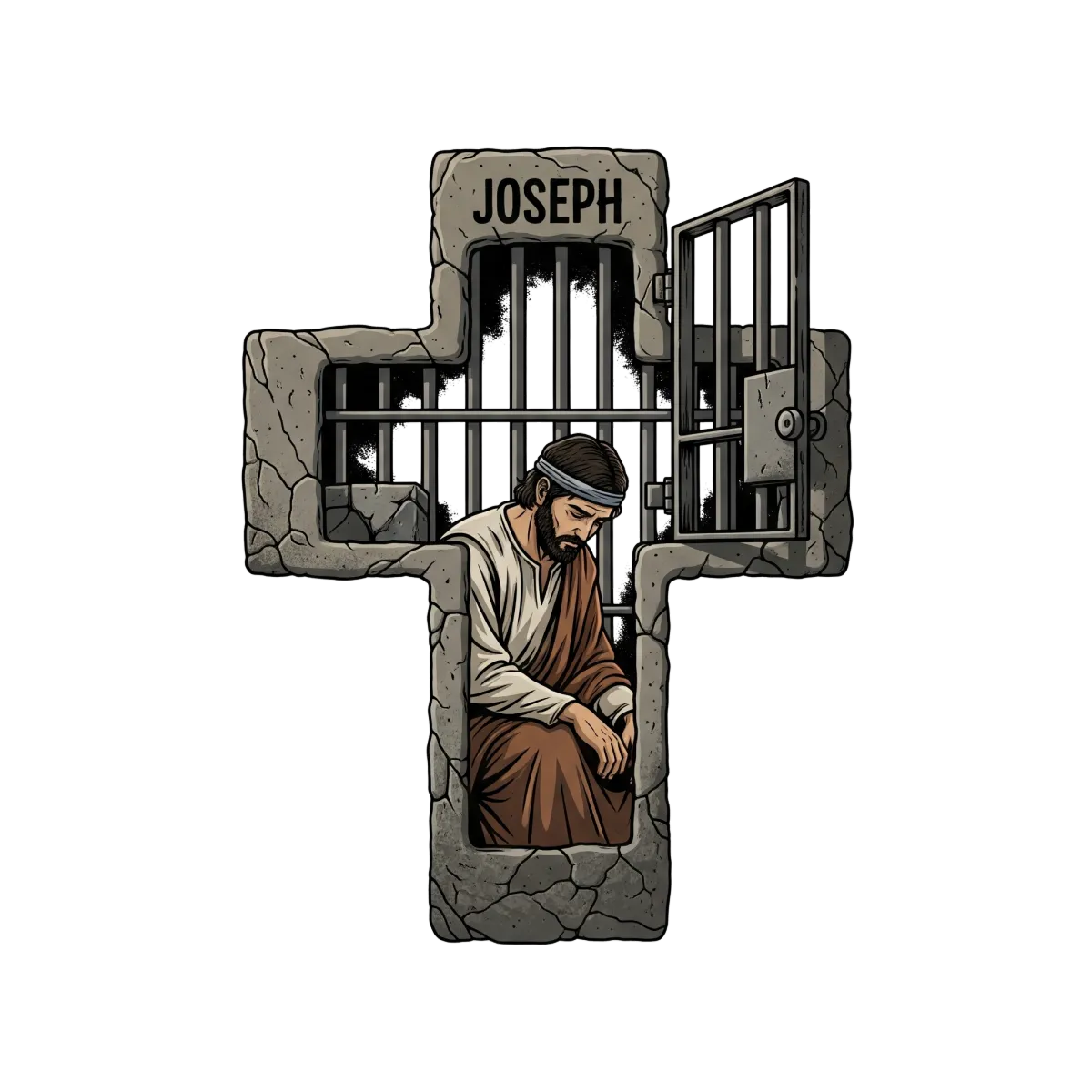
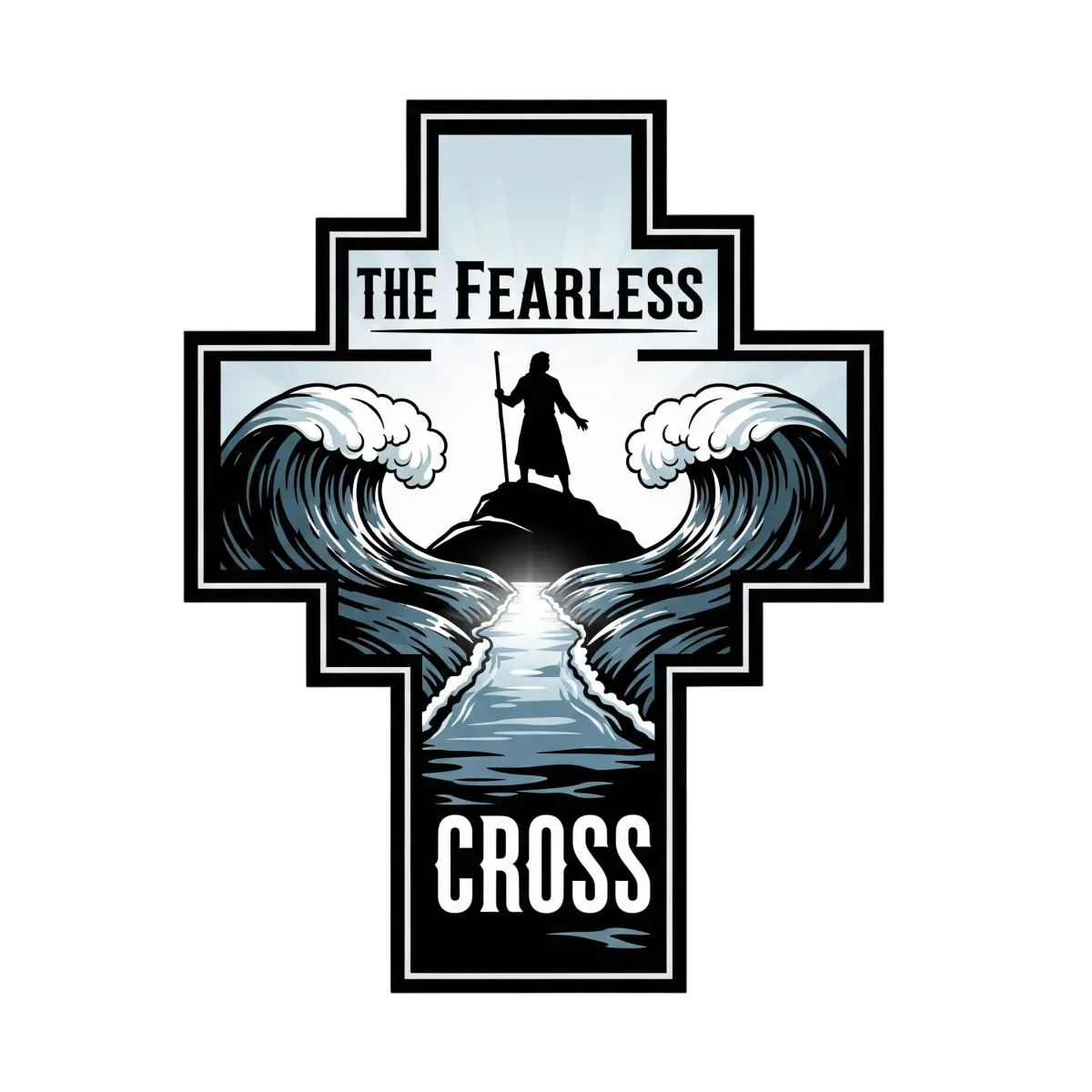
Asked Questions?
Find information on shipping, returns, and more. Can't find what you need? Contact our support team for assistance.
How long will it take to receive my order?
Delivery times vary depending on your location and shipping method. Generally, orders are processed within 1-3 business days, with shipping times ranging from 3-7 days.
Can I return or exchange an item if I'm not satisfied?
Yes, we offer a hassle-free return and exchange policy. If you're not completely satisfied with your purchase, simply contact us within 30 days for a refund or exchange.
Do you offer international shipping?
Yes, we ship internationally to many countries. Shipping rates and delivery times vary depending on your location. Please note that additional customs fees may apply.
How can I track my order?
Once your order has shipped, you will receive a shipping confirmation email with a tracking number. You can use this tracking number to monitor the status of your delivery online.
What Client Our Says About Us

Company Name should look
for ones that are specific,
detailed, and highlight the
unique benefits of working with
the company.
Alex john martin
MANAGER

Company Name should look
for ones that are specific,
detailed, and highlight the
unique benefits of working with
the company.
Alex john martin
MANAGER

Company Name should look
for ones that are specific,
detailed, and highlight the
unique benefits of working with
the company.
Alex john martin
MANAGER
About Us
Relive and share your faith wearing this apparel of Biblical moments
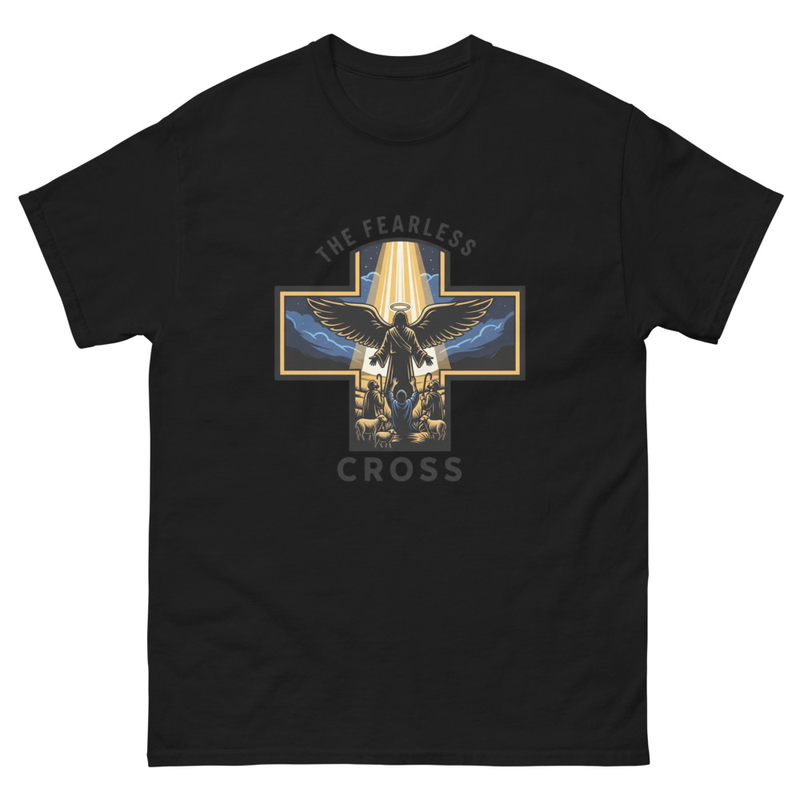
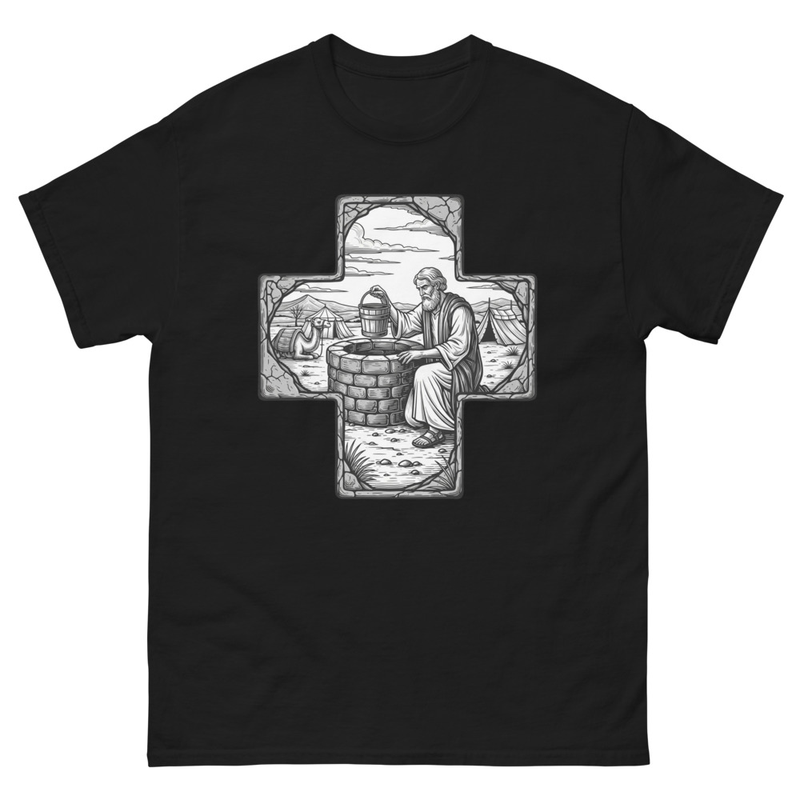
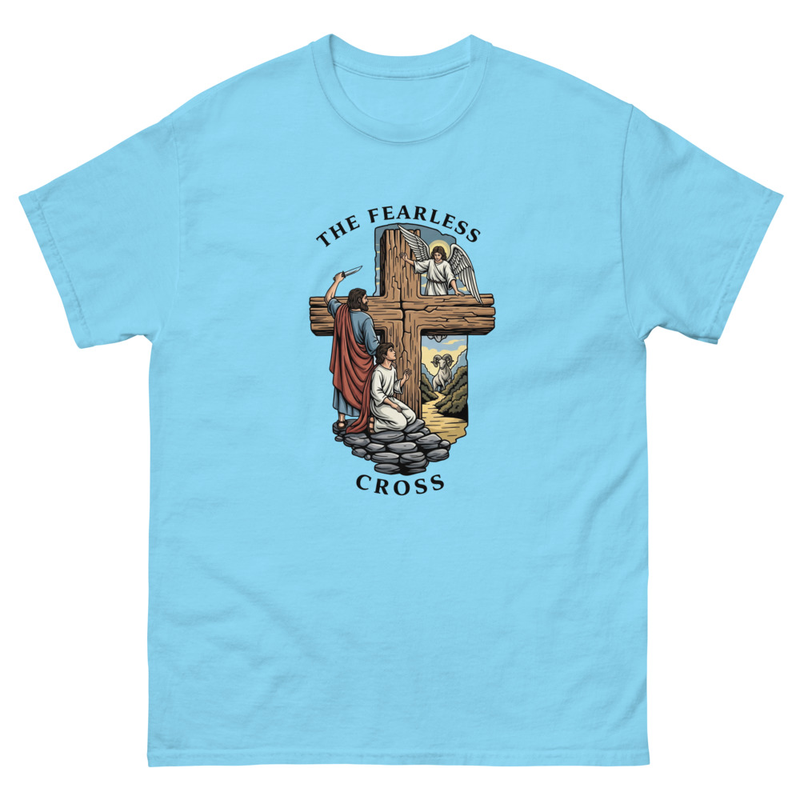
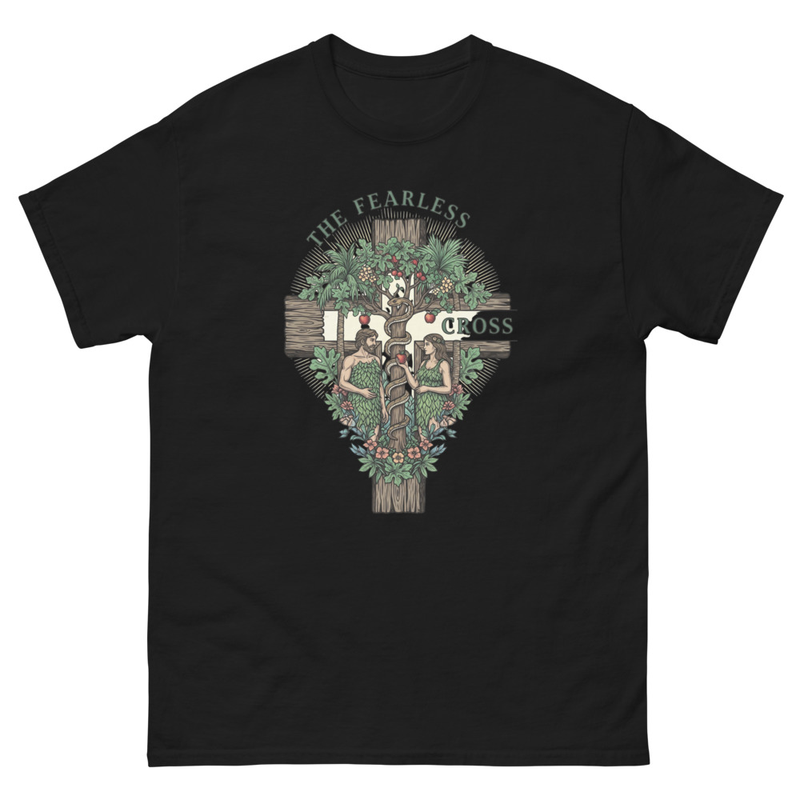
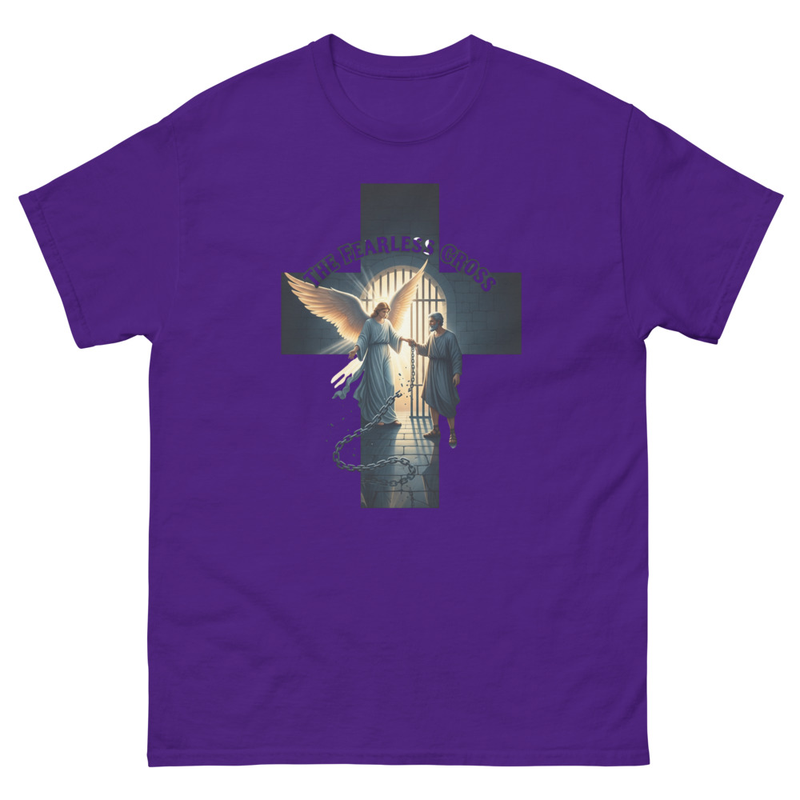
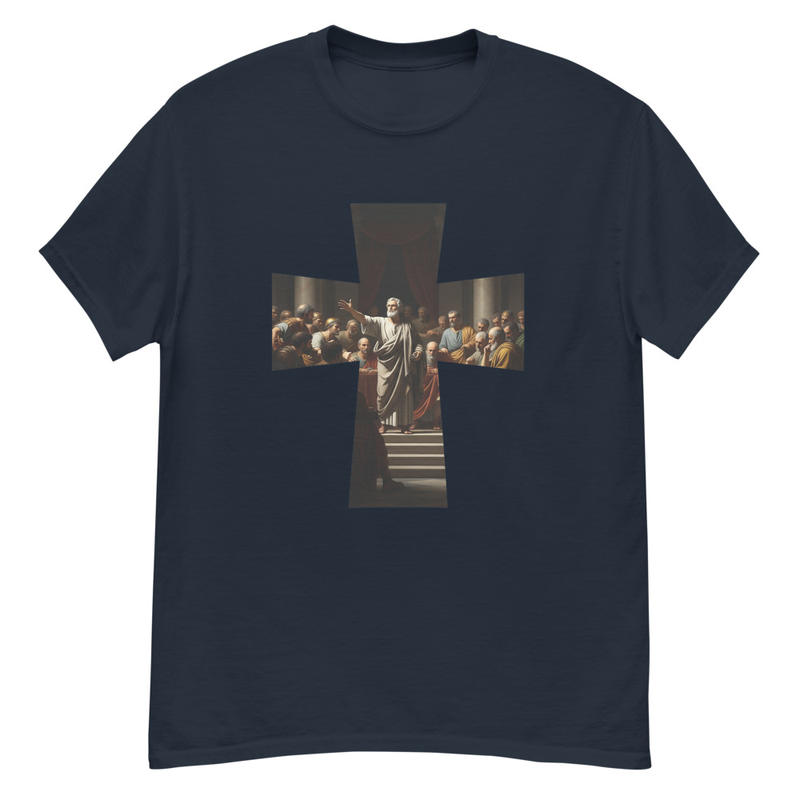
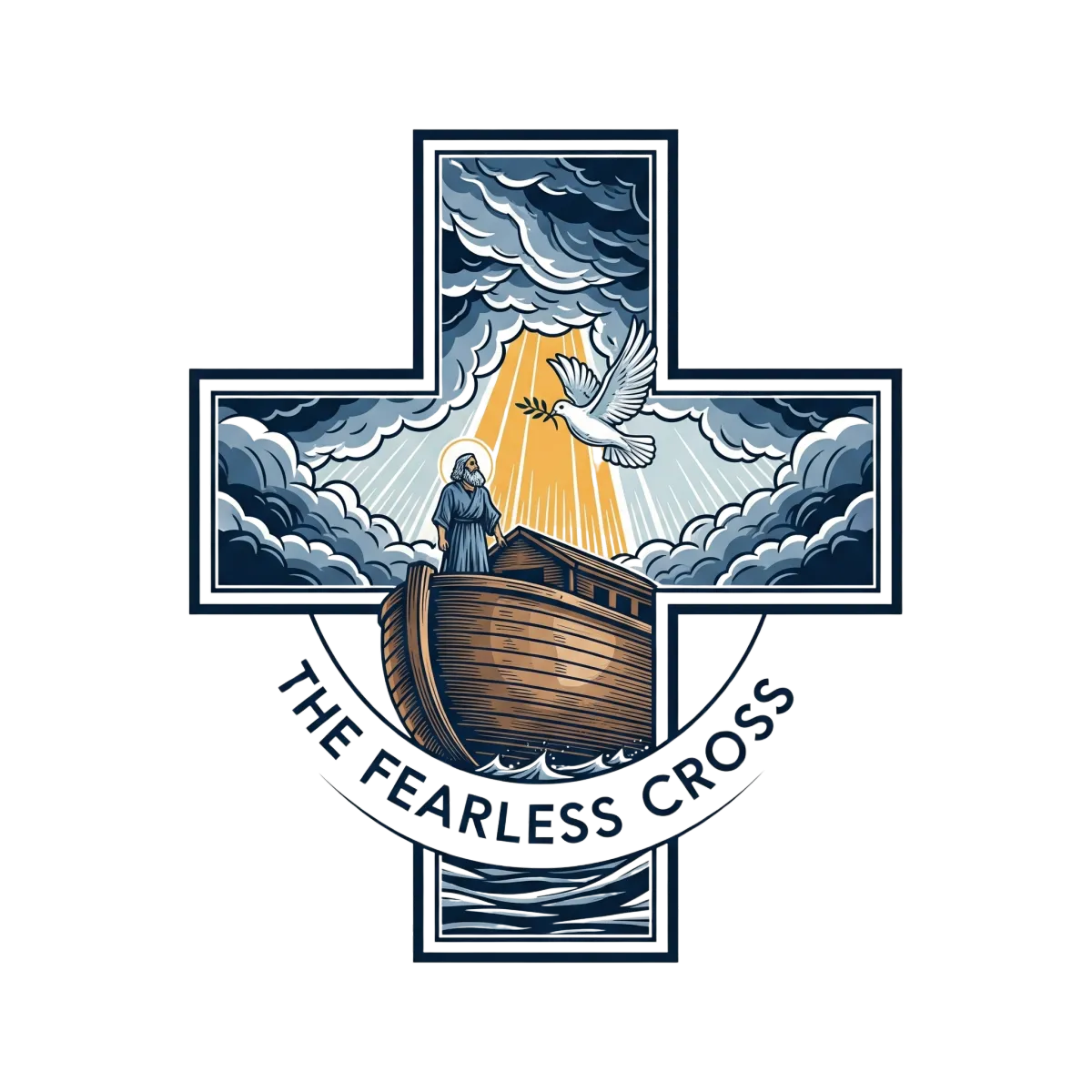
Facebook
Instagram
Youtube